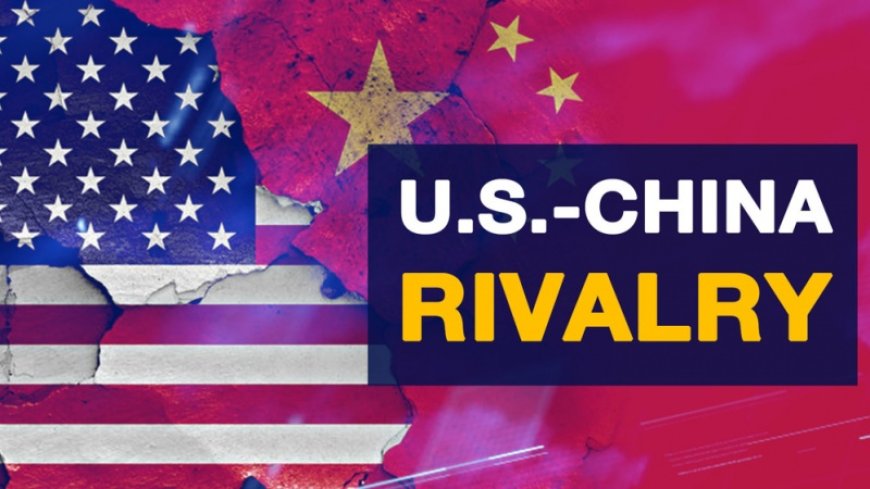Washington and the anti-China pact
Washington and the anti-China pact

MANILA - Philippine President Ferdinand Marcos Jr arrives in Japan on Wednesday for a visit that should pave the way for closer security ties with Tokyo as Manila increasingly sides with the United States in its regional fight with China. Marcos and Prime Minister Fumio Kishida are expected to deepen cooperation in humanitarian assistance and disaster relief, a possible precursor to creating a broader legal framework that would allow Japanese forces to more easily deploy to the Philippines. In the background of the summit between the leaders of two apparently sovereign countries is the United States and its encirclement maneuvers of China. Before the trip to Tokyo, in fact, the son of the former Filipino dictator had signed an important military cooperation agreement with the head of the Pentagon, Lloyd Austin, equally directed against China.
However, the question of the risks that both countries would face if they were to remain involved in a direct conflict between Washington and Beijing in the near future remained outside the discussions in both Manila and Tokyo. The American ambassador to Japan, Rahm Emanuel, has pinpointed the significance of last week's events in East Asia. According to Obama's former chief of staff, what has taken place on the Manila-Tokyo axis would be a "decisive contribution to the strategic alignment of the region", in his opinion as a factor of "deterrence" against China, but actually in favor of US interests and goals.
As for Japan, Prime Minister Fumio Kishida's government has in recent months finalized similar military collaboration deals with other key Washington allies, such as Britain and Australia. The dynamism of Tokyo is part of the militarization process that the Japanese political class has been seeking for some time and which has found fertile ground in this historical phase marked by the exacerbation of the Sino-American rivalry.
The agreement with Marcos jr. could now allow Japan to operate militarily in Philippine bases and ports, although this aspect of the partnership will be addressed gradually. For now, the two presidents intend to prepare the ground by signing an agreement in the management of "humanitarian" emergencies. The anti-Chinese partnership between the USA and their former Asian colony is decidedly more advanced. Last week, as already anticipated, the two countries ratified the "full implementation" of the so-called "Enhanced Defense Cooperation Agreement" (EDCA), i.e. a "reinforced" agreement on the subject of "defence" on the basis of a document signed during the Obama administration in August 2014. The almost nine-year wait is due to the unilateral suspension of the treaty in 2016 by the then Philippine president, Rodrigo Duterte.
The halt to military cooperation with the USA was part of the reshuffle of Manila's strategic priorities decided by the predecessor of Marcos jr. Duterte had privileged relations with China, causing a significant worsening of those with Washington. This choice had produced destabilizing consequences for the Duterte administration on the domestic front, with the political opposition and the military leaders busy pressing to preserve the alliance with the United States.
In fact, before the end of the presidential mandate, Duterte had retraced his steps by reauthorizing the "visits" of the US armed forces to the Philippine bases and once again opening negotiations for the completion of the EDCA. The current president Marcos jr., For his part, during last year's electoral campaign he had proposed a pragmatic foreign policy along the lines of Duterte, but once he took office he opted for substantial alignment













































